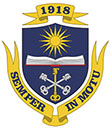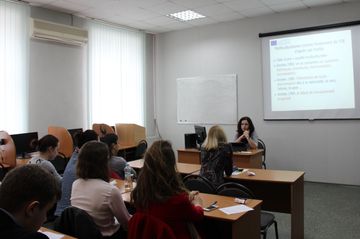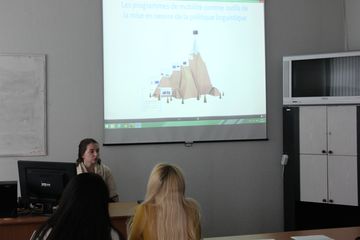Contacts
Voronezh State University
International Relations Office
kab 478A, 1A, Universitetskaya Square, Voronezh
+7 (473) 2207-526
kab 40/1, 1, Universitetskaya Square, Voronezh
+7 (473) 222-62-99
inco.vsu.ru
Useful links
Useful links
Voronezh State University
International Relations Office
kab 478A, 1A, Universitetskaya Square, Voronezh
+7 (473) 2207-526
kab 40/1, 1, Universitetskaya Square, Voronezh
+7 (473) 222-62-99
inco.vsu.ru
Useful links
- Useful links
Voronezh State University






